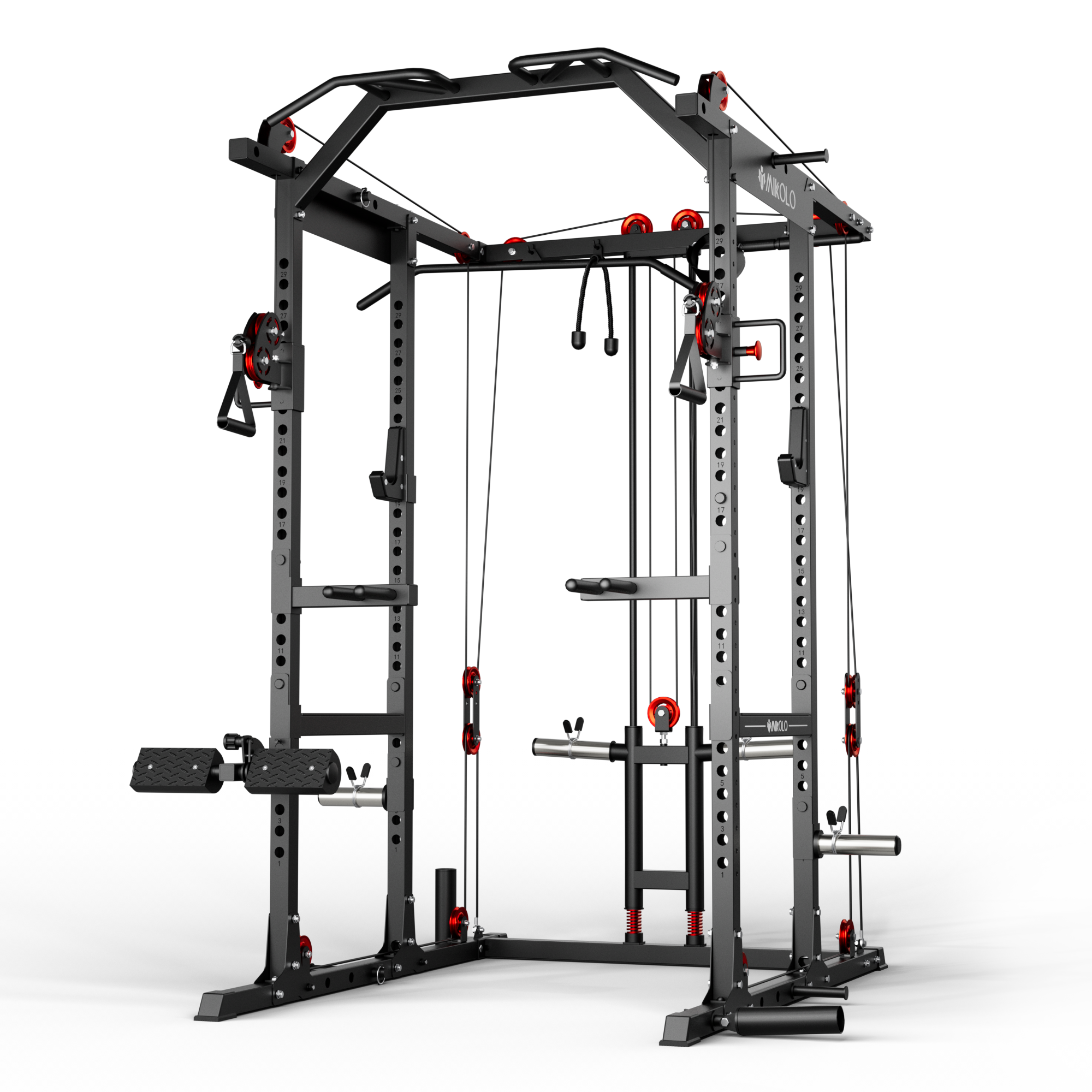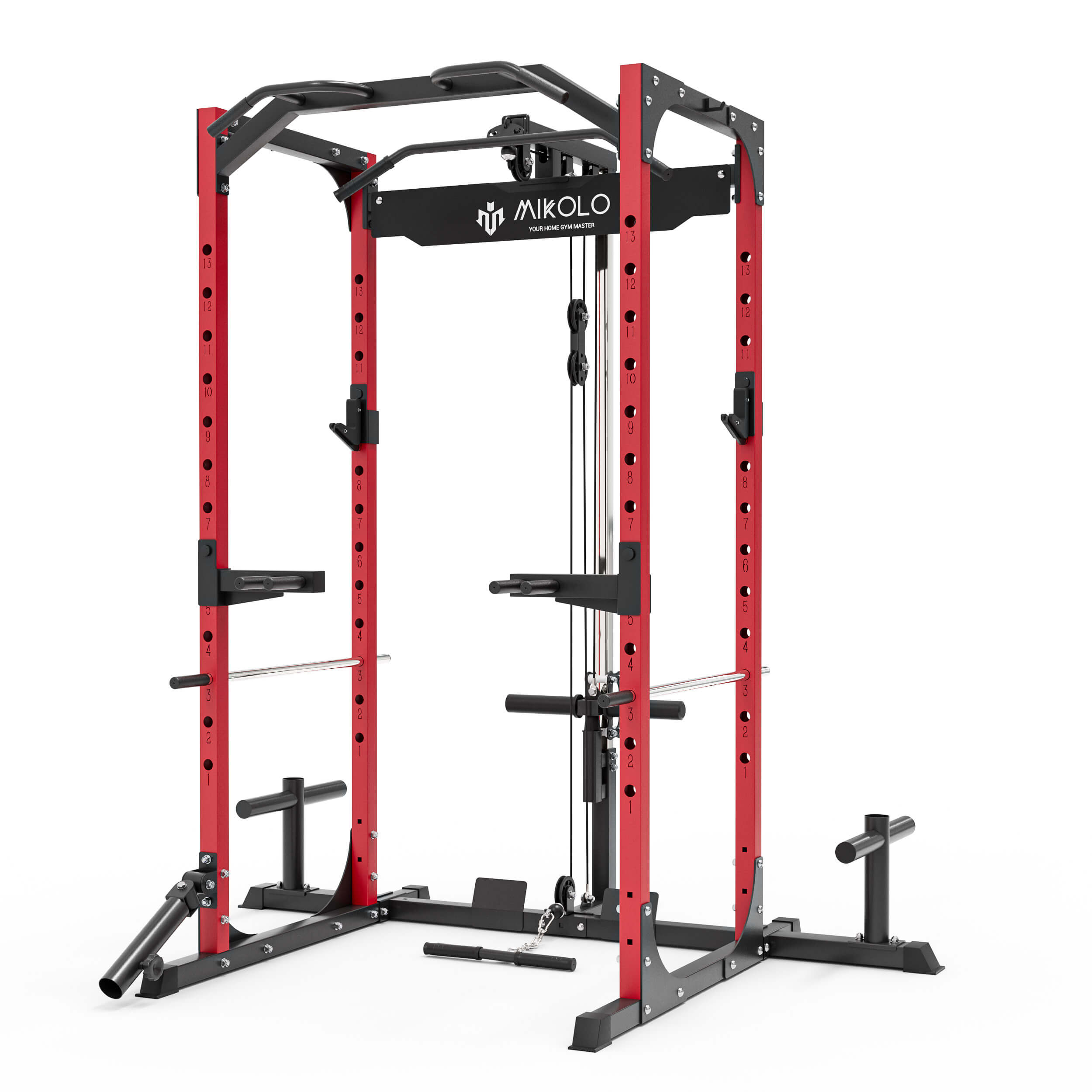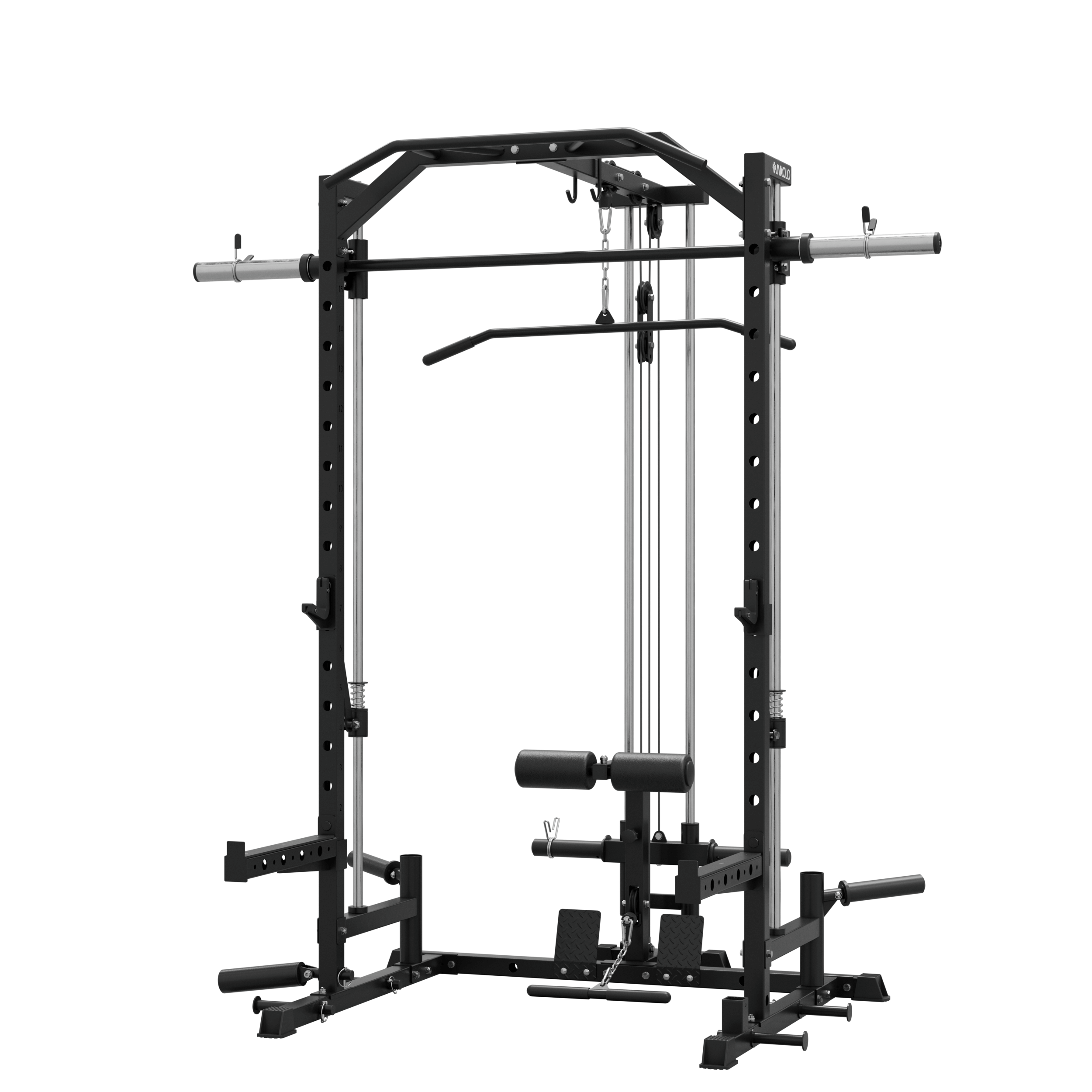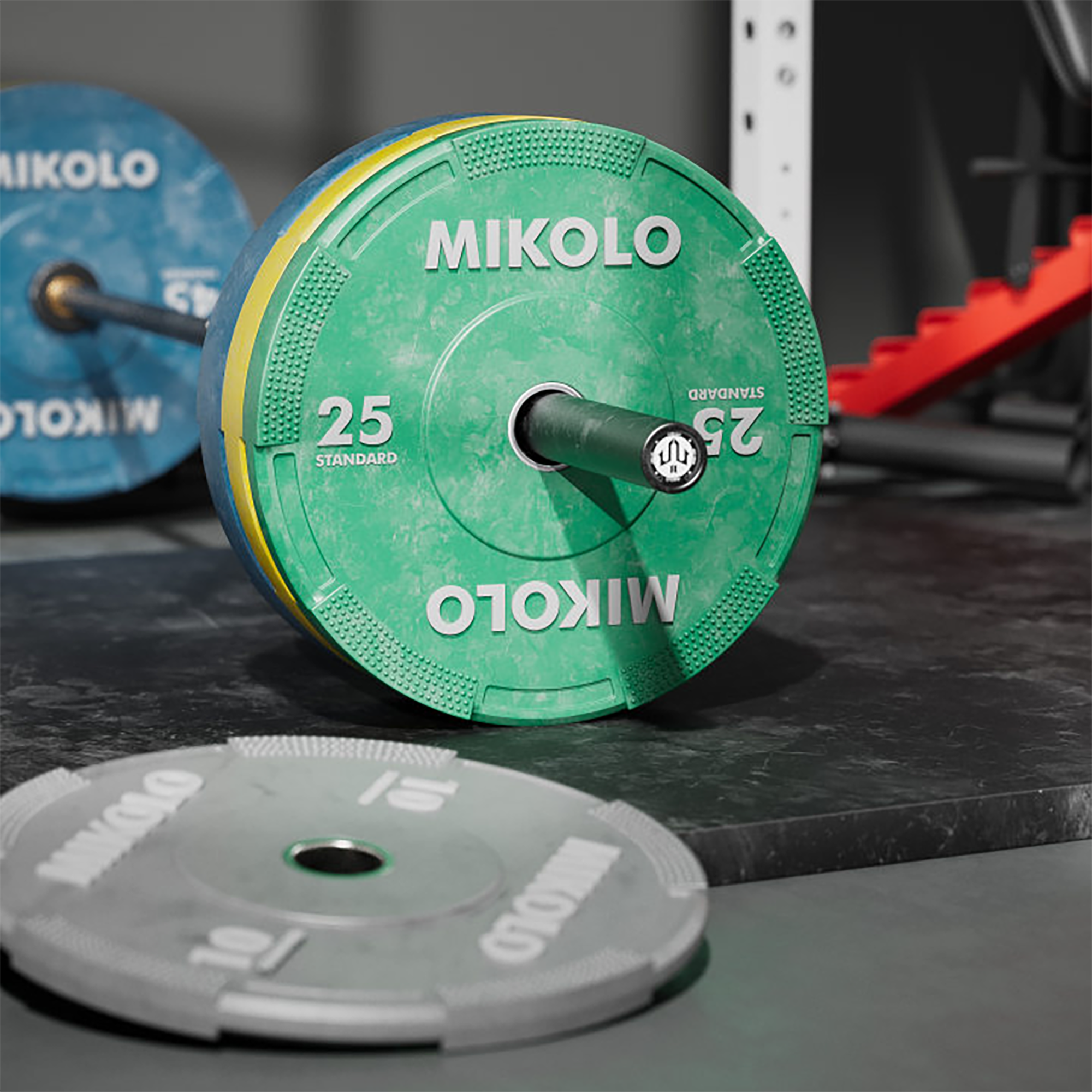There’s something undeniably powerful about training in a group. Whether it’s the shared energy, accountability, or the friendly competition that pushes you harder, group strength workouts can turn ordinary training sessions into something transformative. For many fitness enthusiasts, this dynamic training style not only improves physical strength but also builds lasting motivation and a sense of community.
Why Group Strength Training Works
Strength training has long been recognized for its ability to increase muscle mass, boost metabolism, and improve bone density. But when done in a group setting, the benefits go even deeper. Studies have shown that participants in group strength training routines often report higher levels of satisfaction, consistency, and overall progress than those training alone.
When a structured program combines smart periodization with a shared atmosphere, it becomes easier to stay on track and push through plateaus. From gyms to boot camps to small group sessions led by a coach, this method offers a more engaging way to develop full-body strength.
Essential Group Strength Training Exercises
Any effective group strength workout includes a balanced mix of compound and isolation movements. These are a few proven staples that can be adapted for any fitness level:
-
Barbell Back Squats – A foundational move for lower-body strength. Modify with dumbbells for beginners.
-
Deadlifts – Excellent for posterior chain development, often taught with kettlebells in group sessions.
-
Push Presses – Perfect for shoulder and triceps strength, while involving core stability.
-
TRX Rows or Bodyweight Rows – Great for upper back and arms, especially when equipment is limited.
-
Kettlebell Swings – Builds power, grip strength, and endurance — ideal for circuit-style classes.
-
Farmer’s Carries – Simple but effective for core, grip, and shoulder strength in a timed format.
The beauty of these group strength training exercises is that they can be scaled. Whether your class includes seasoned lifters or newcomers, each movement can be adjusted in weight, range of motion, or intensity.
Sample Group Strength Training Workout
Here’s a 45-minute group strength training workout structured for 6-8 people, using minimal equipment:
Warm-Up (10 minutes):
-
Dynamic stretches (arm circles, leg swings)
-
Bodyweight squats x 15
-
Inchworms x 10
-
Glute bridges x 20
Main Circuit (30 minutes – 3 rounds):
-
Goblet Squats – 12 reps
-
Kettlebell Swings – 20 reps
-
Push-Ups – 15 reps (scaled as needed)
-
Bent-over Rows (dumbbell or barbell) – 12 reps
-
Plank Hold – 30 seconds
Cooldown (5 minutes):
-
Foam rolling
-
Deep hip and hamstring stretches
-
Breathwork
Each participant rotates through the exercises in timed intervals or rep schemes, making it ideal for a group while still offering individual intensity.
Routines That Build Over Time
For long-term success, group strength training routines should follow progressive overload. This means gradually increasing resistance, volume, or intensity over time. A typical four-week plan might look like this:
-
Week 1: Master form and establish baseline weights
-
Week 2: Increase reps slightly, focus on controlled tempo
-
Week 3: Add load or introduce supersets
-
Week 4: Test for new personal bests or increase overall workout density
Programs that rotate focus (e.g., upper/lower splits or push-pull days) ensure balanced muscle development and reduce the risk of overtraining.
My Own Experience With Group Strength
Years ago, after plateauing in my own training, I joined a small group strength class at a local gym. I was used to training solo — headphones in, head down. But something shifted when I stepped into that group. The mix of structure, camaraderie, and accountability pushed me further than I had gone alone. I lifted heavier, rested less, and actually looked forward to the sessions. That experience reshaped how I view training — not just as a solo pursuit, but as something enriched by shared effort.
Final Thoughts
Group strength training isn't just a trend; it's a proven, powerful way to build strength, discipline, and connection. Whether you’re a coach looking to design effective routines or someone seeking a fresh way to train, embracing the group format can elevate your results and your enjoyment.
So next time you’re tempted to skip a workout, consider joining a group session — you might just surprise yourself with what you can lift when you're not lifting alone.













































Leave a comment
This site is protected by hCaptcha and the hCaptcha Privacy Policy and Terms of Service apply.